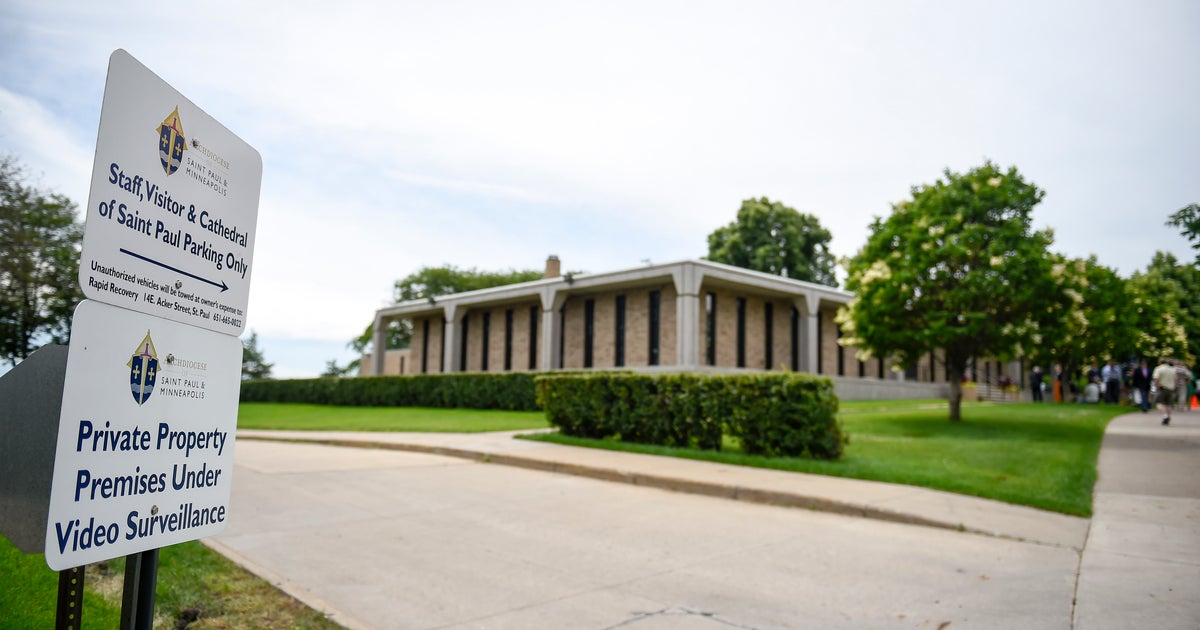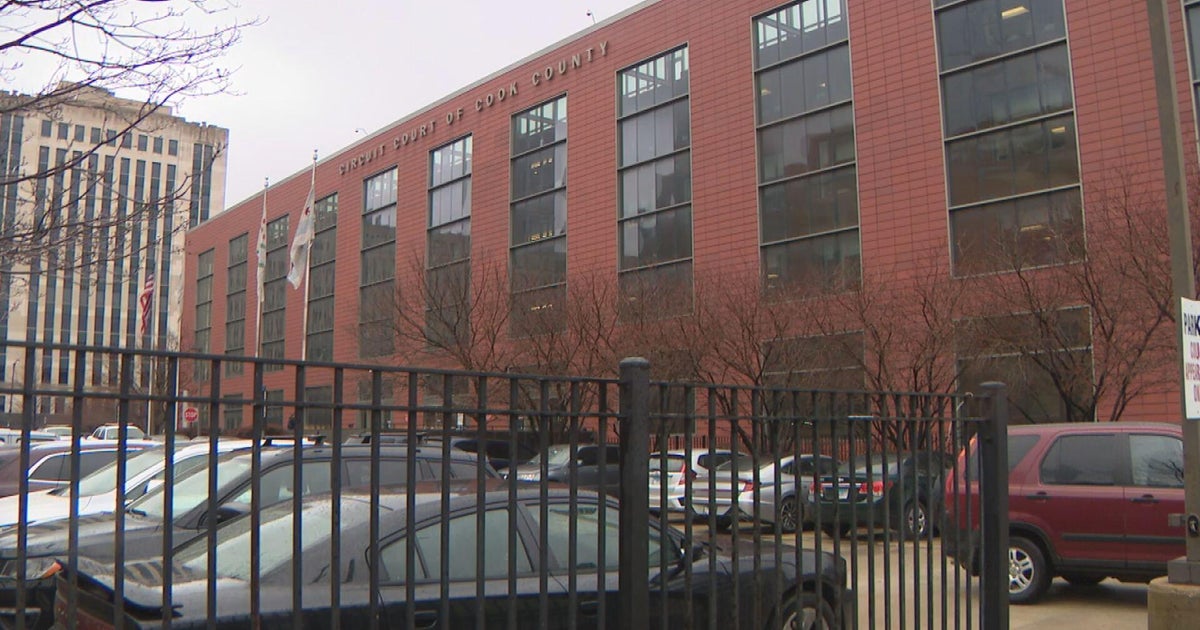How The Supreme Court's Roe v. Wade Ruling Could Affect The Fertility Industry
(CNN) -- The Supreme Court's decision to overturn Roe v. Wade has raised fears that it could have "far-reaching ramifications" on people looking to get pregnant and the clinics providing services to help them.
Experts have previously told CNN that a high court ruling could open up the legal terrain for states to interfere with the fertility process known as in vitro fertilization, in which a sperm fertilizes an egg outside the body.
Fertility doctors and academics who study the legal landscape around fertility told CNN there is grave uncertainty -- both about how abortion laws already on the books will be interpreted and about how lawmakers and local prosecutors may seek to push the envelope, freed from the precedents that have effectively shielded the fertility process from government meddling.
That lack of clarity, it is feared, will affect the treatments doctors are willing to offer IVF patients and the decisions people will have to make about how to pursue growing their families.
"Overturning Roe v. Wade will have vast, far-reaching ramifications for the fertility industry. The opinion includes numerous references to 'the unborn human being,' 'potential life,' and 'the life of the unborn.' Much of that language -- and the logic behind it -- applies to embryos," said Adam Wolf, a fertility attorney for Peiffer Wolf Carr Kane Conway & Wise, in a statement Friday.
"Fertility clinics will face a flood of wrongful-death claims when the clinics discard embryos without authorization," Wolf added.
About 2 in every 100 children born in the US are conceived through IVF, according to data published by the US Centers for Disease Control and Prevention. When an individual or couple undergoes the IVF process, the work begins in a lab, where a sperm fertilizes an egg after weeks of preparation. The goal is to ultimately transfer a healthy embryo into a person's uterus. But first, the embryo must grow to the blastocyst stage, which typically occurs between five and seven days after fertilization.
IVF clinics typically use two people's genetic material to create multiple embryos because they don't know which ones will grow to the right stage or which ones will result in a successful pregnancy.
American Society for Reproductive Medicine President Dr. Marcelle Cedars warned in May, "There is a clear and present danger that measures designed to restrict abortion could end up also curtailing access to the family building treatments upon which our infertility patients rely to build their families."
Wolf said he fears clinics and freezer manufacturers could face criminal charges for discarding embryos, or if a freezer holding embryos malfunctions.
"When fertility clinics accidentally discard embryos -- which happens far too often -- they are destroying potential life," he said. "Might fertility clinics and their embryologists face homicide or manslaughter charges for their misconduct? When the manufacturer of a freezer that holds embryos goes kaput, that freezer company has destroyed potential human life."
Dr. Carolina Sueldo, a fertility specialist who is also certified in both obstetrics and gynecology at University of California San Francisco-Fresno, told CNN Friday there is also a concern that "personhood bills would be next to follow with the belief that life begins at fertilization."
"This would dramatically impact the way infertility treatments are provided to patients in those states. These treatments are not only for infertility, but also for genetic diseases (and) recurrent miscarriages, " Sueldo said.
The-CNN-Wire™ & © 2022 Cable News Network, Inc., a WarnerMedia Company. All rights reserved.







